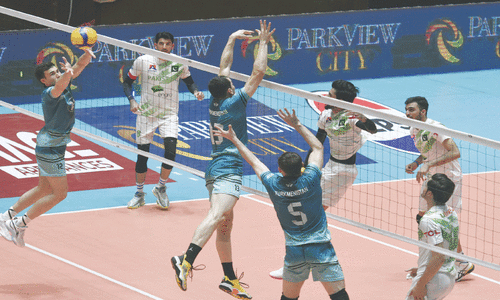IN mid-February, the Lahore High Court said that from next year, the CSS examinations will be conducted in Urdu. The court had been petitioned to order that the CSS exams for this year have Urdu as their medium. It responded that there was not enough time to make the switch from the English language this year but ruled that the change must be ensured from 2018. It was explained that the shift from English to Urdu in the case of the CSS exams was consistent with a 2015 Supreme Court judgement, which called for the use of Urdu in the running of the affairs of government. That ruling had generated plenty of debate but not much of it related to the principle of employing native languages to run state affairs. Rather, the debate centred on popular perceptions of quality and the practical difficulties of replacing English with Urdu. Some pointed out that Urdu was not developed enough to serve the purpose. Whereas this argument was countered with logic that predicted the accelerated enrichment of Urdu once it was declared the sole language of official use in the country, some other very valid objections were more difficult to answer. One viewpoint maintained that large sections of the population had as their mother tongue languages other than Urdu and that they communicated best in these languages.
All of these age-old arguments and some more have resurfaced after the Lahore High Court’s deadline for the change from English to Urdu. On the other hand, Urdu’s high-spirited supporters cast it as an ambitious agent of effective communication. According to one dominant strain, those taking the exam for the prestigious service, barring rare exceptions, are ill equipped and overburdened by the compulsion of having to express themselves in English. They may be good enough without being proficient in English, is the oft-quoted line with which Urdu’s supporters aspire to clinch the issue, without feeling the need to provide proof of the candidates’ abilities to put across their views convincingly or at least coherently in Urdu. Clearly, this is a real twist of the tongue, and an easy solution is not likely to surface soon. Perhaps the best answer that can be offered right now is the introduction of a system where each candidate is able to choose the language he or she wants to communicate in. Ideally, candidates should be free to opt for English, Urdu or any other native language they are comfortable with.
Published in Dawn, March 2nd, 2017









































